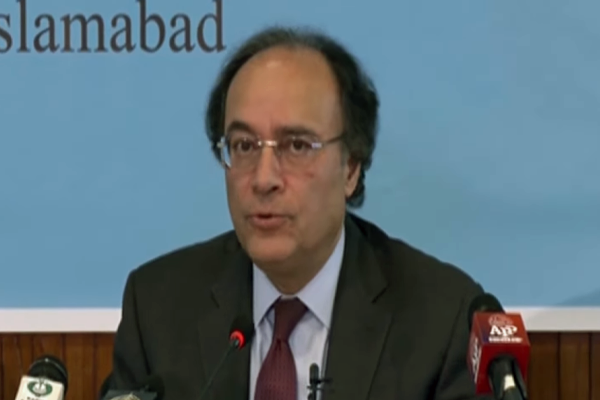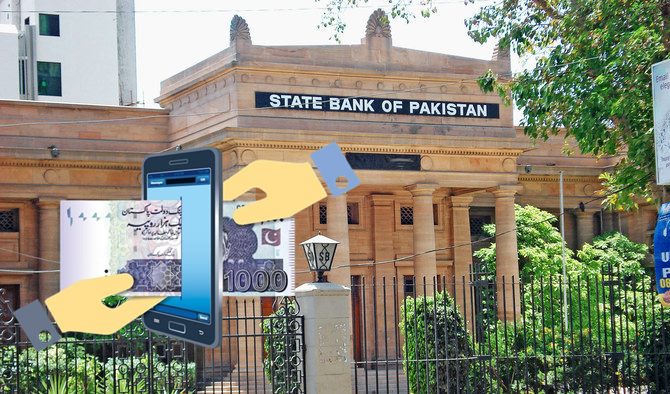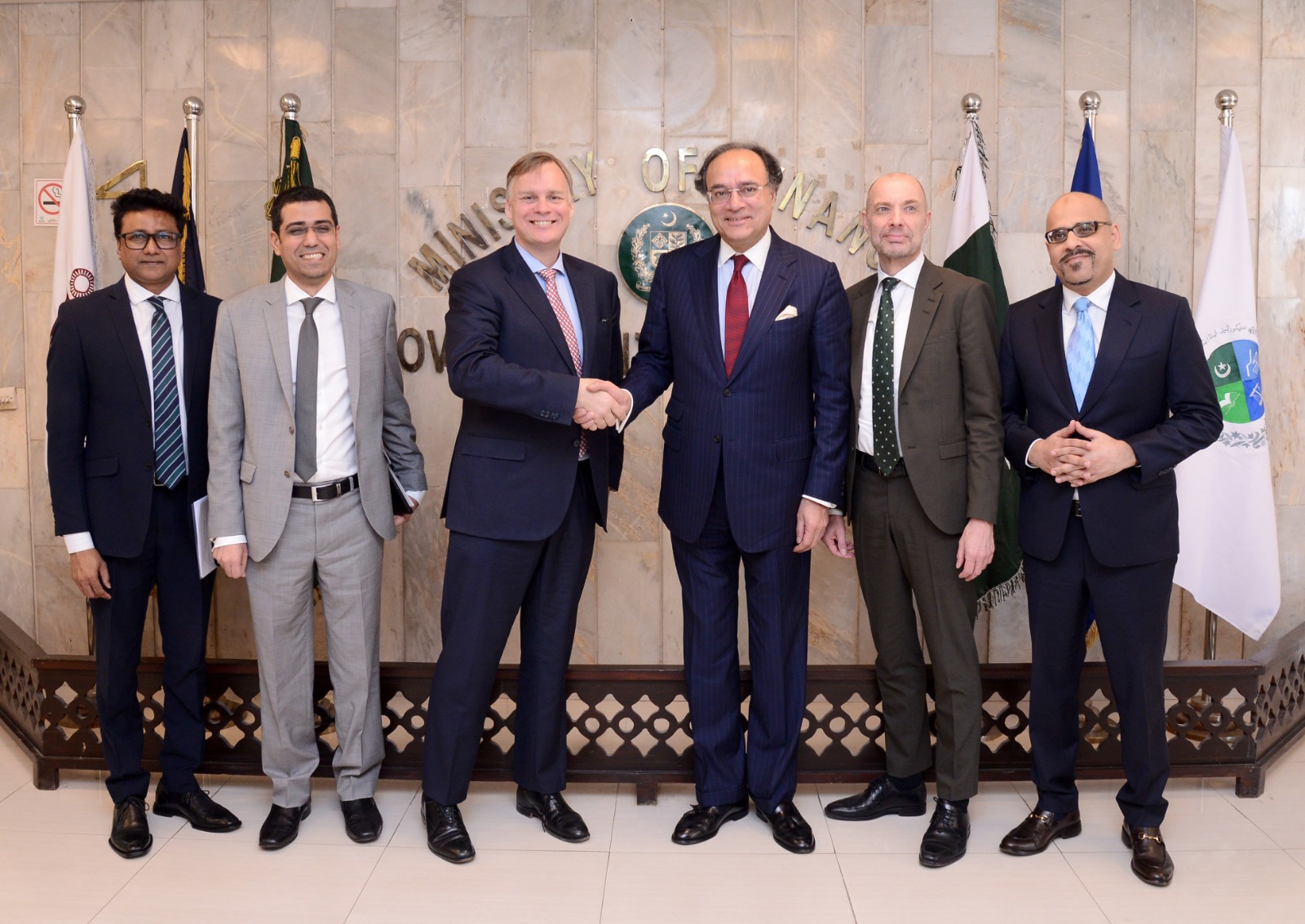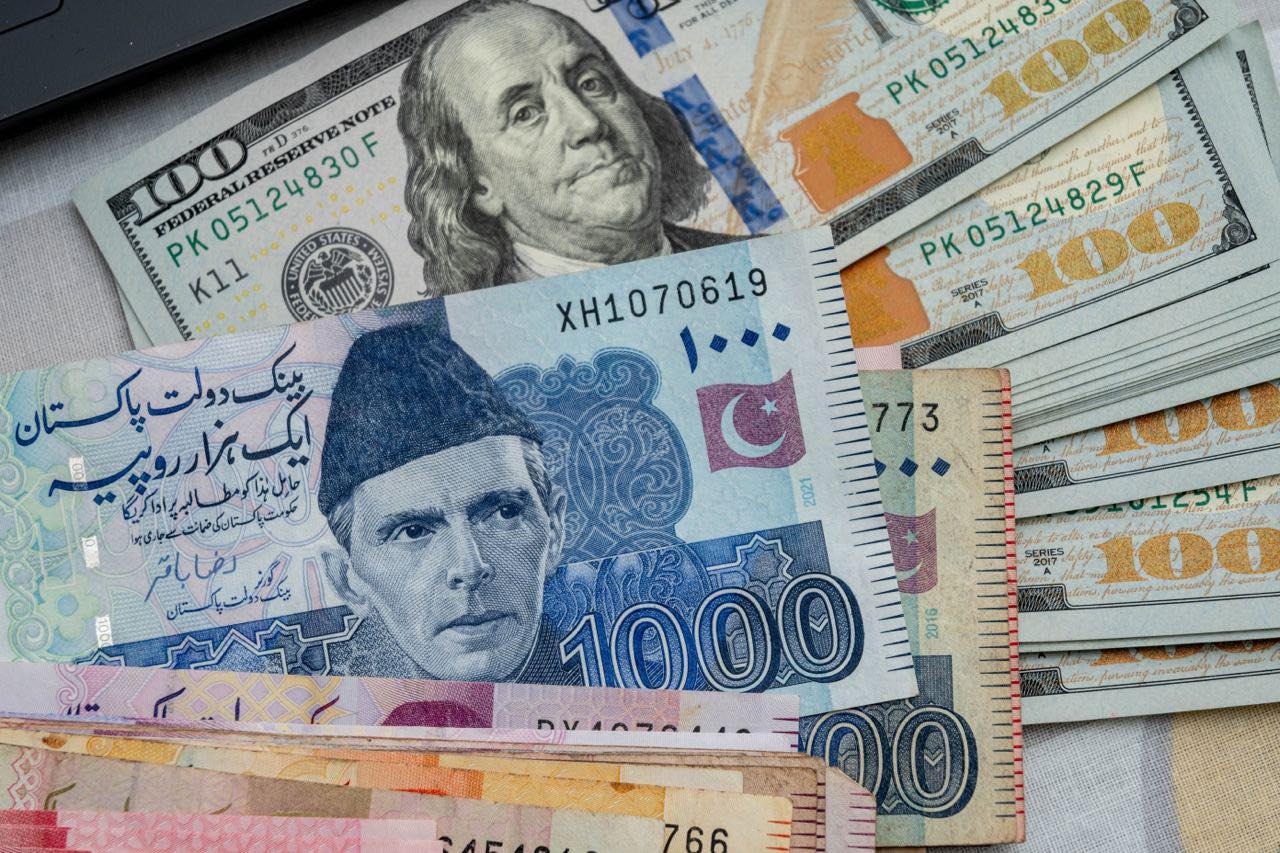PTBP Web Desk
Federal Minister for Finance and Revenue Senator Muhammad Aurangzeb emphasized on Sunday that the elite class, known for its luxurious lifestyle, will soon be brought into the tax net. Addressing over 190,000 individuals evading taxes despite owning multiple houses and vehicles, the minister reaffirmed the government’s commitment to ensuring tax compliance and equitable contributions.
Speaking to media representatives at a meeting with local businesspeople, agriculture experts, and poultry farmers in Judgewala, Kamalia, he stated that taxation is the lifeline of any economy. “Countries thrive on taxes, not charity. Borrowed money cannot sustain a nation,” he asserted.
Acknowledging discrepancies in the current taxation framework, Aurangzeb revealed that the government is working on simplifying the tax process to curb evasion. Plans include the introduction of a faceless, digital tax system to minimize human intervention, addressing corruption, and reducing leakages. This initiative is expected to boost transparency and efficiency.
Aurangzeb highlighted the importance of foreign exchange through enhanced exports, emphasizing the need for Pakistan to become self-reliant. “Export-led growth is vital to reduce dependency on imports and external financial aid,” he said.
The finance minister underscored the government’s efforts to bring down the double-digit interest rate to a single-digit figure. Lower interest rates, he noted, are crucial for business growth and economic survival, which depends on surplus production and exports.
Aurangzeb called for political unity and robust reforms in taxation and energy sectors to steer Pakistan toward progress. He also proposed privatization as a solution to enhance transparency and productivity, noting that work on privatizing various state entities has already commenced.
The minister pointed out the underperformance of agricultural research institutes in Pakistan compared to India, where similar reforms began simultaneously. He advocated for increased funding for agricultural research, redirecting resources from administrative expenses to scientific innovation. “Agriculture reforms are essential for boosting productivity and meeting export demands,” he added.
Aurangzeb also criticized the ineffectiveness of some state-owned entities, including the Pakistan Agricultural Storage and Services Corporation (PASSCO), and suggested the establishment of alternative mechanisms, potentially involving the private sector, for maintaining strategic reserves.
Highlighting the potential of the IT sector, Aurangzeb reiterated the government’s commitment to supporting technology-driven initiatives. He emphasized the importance of exporting innovative ideas and programs developed by Pakistani IT experts, contributing to transparency and foreign exchange earnings.
The minister stated that agriculture and IT are twin sectors crucial for driving Pakistan’s sustainable economic growth. He called for solutions to challenges faced by these industries, aligning with the International Monetary Fund’s (IMF) stabilization goals.
Aurangzeb detailed the government’s plan to improve Pakistan’s tax-to-GDP ratio, which currently stands at 9-10%, with a target of 13.5%. Simplifying the taxation process, digitization, and minimizing human interaction are among the key steps to achieve this goal.
He stressed the need for national development by involving all segments of society and applauded the role of the Sialkot Chamber of Commerce & Industry (SCCI) for initiating public welfare projects.
Addressing concerns over inflation, Aurangzeb criticized middlemen for failing to pass on the benefits of reduced oil prices to consumers. “The government will deal with such elements with an iron hand,” he warned. He urged deputy commissioners to take proactive measures against artificial price hikes and inflation.
The minister cited Sialkot as a shining example of self-sufficiency, urging stakeholders to replicate its success. He also praised Kamalia Khaddar as a globally recognized brand, encouraging economic stakeholders to draw inspiration from such achievements.
Aurangzeb reassured farmers and businesspeople of the government’s dedication to addressing their grievances. He emphasized that policymakers must engage directly with stakeholders, stating, “If we are here to serve the people, we must go wherever they are.”
The minister highlighted plans to involve stakeholders in budget preparation, ensuring their concerns and suggestions are incorporated for better decision-making.
Aurangzeb pointed to the government’s success in achieving macroeconomic stability, reducing inflation to single digits, and lowering interest rates. He cited increased consumption of cement and fertilizer, along with a 58% rise in auto sales, as indicators of prudent economic policies.
Concluding his address, the finance minister stressed the importance of reforms in taxation, energy, and state-owned enterprises to ensure sustainable economic growth and development.




